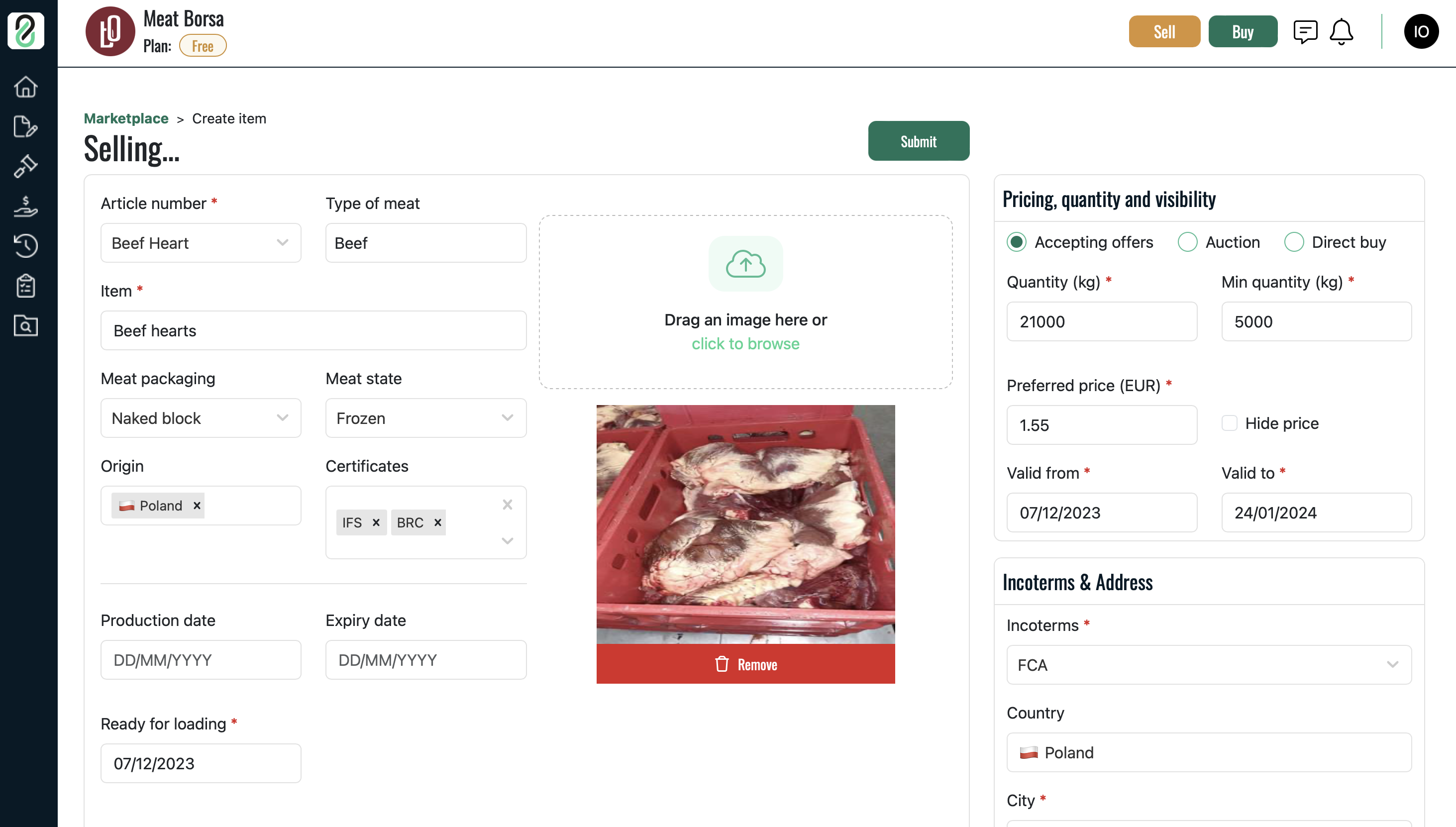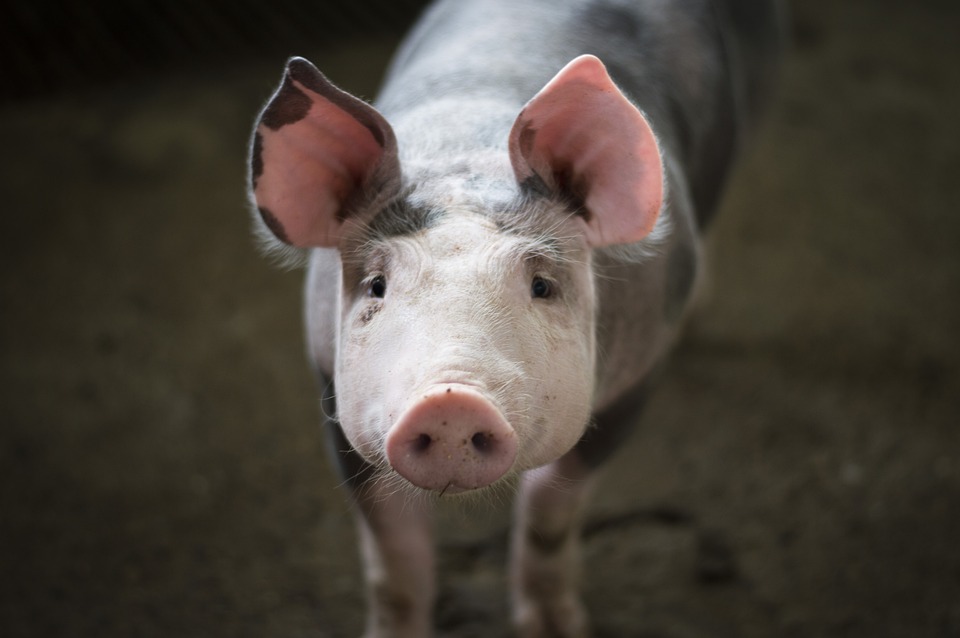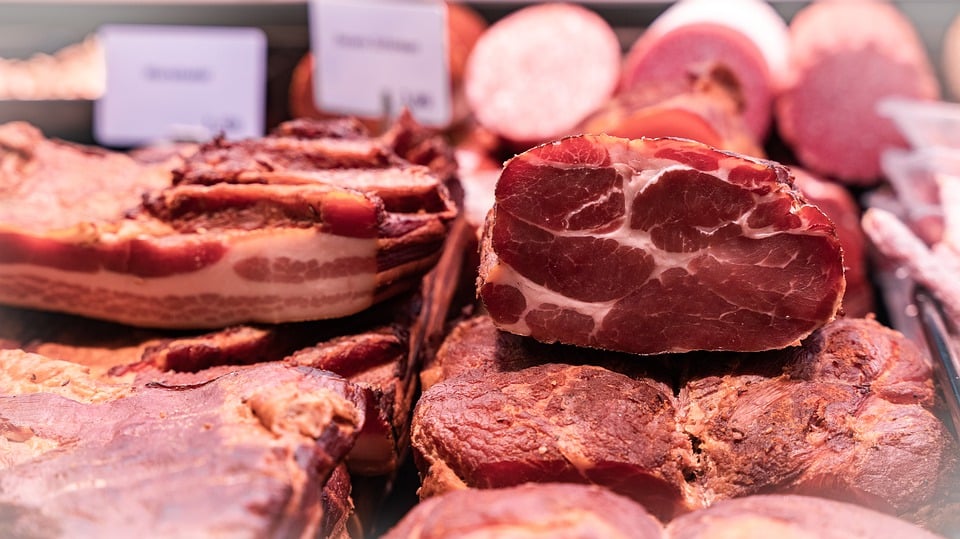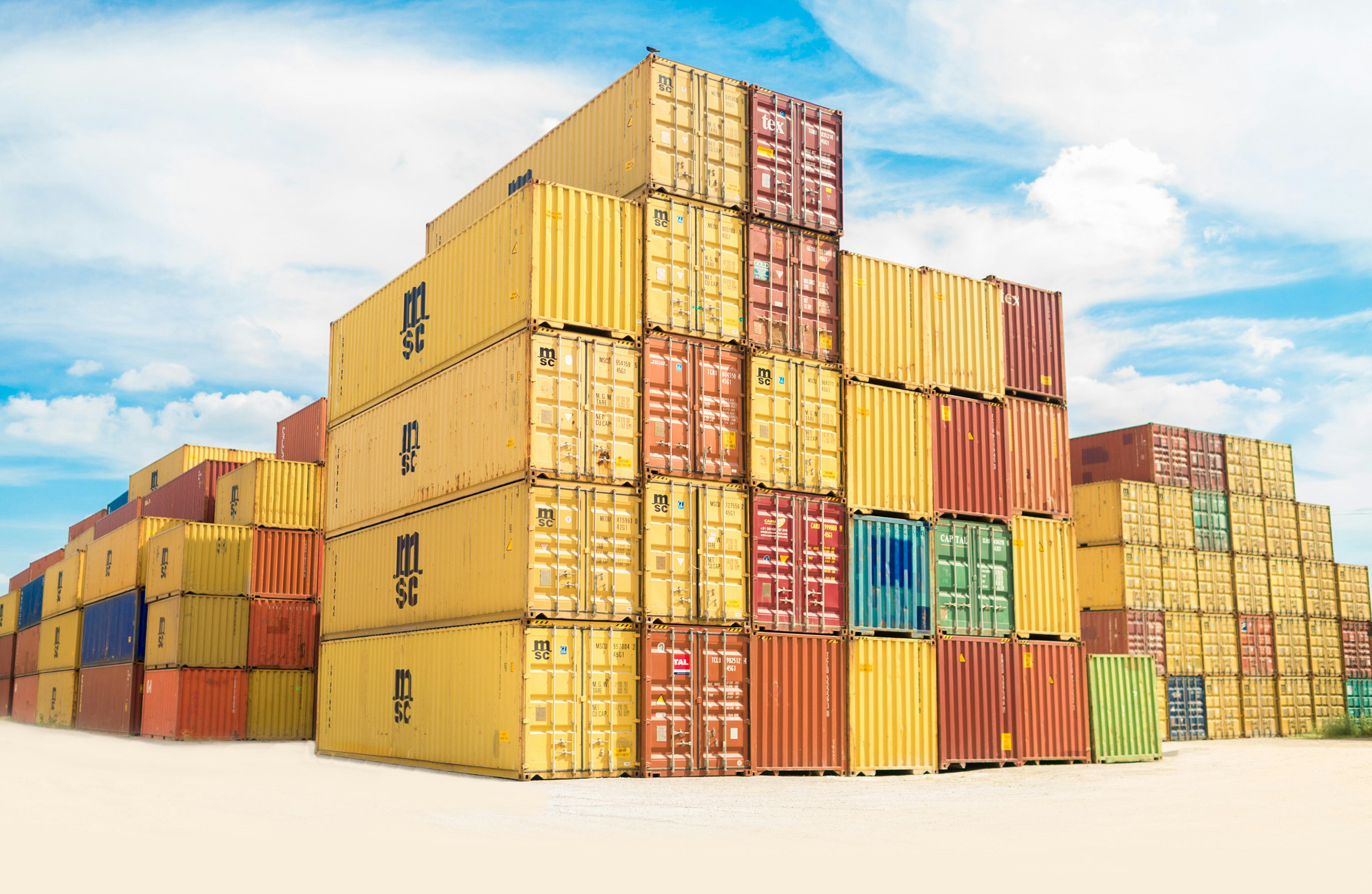
Inside the Meat Industry: The Role and Metrics of a Meat Buyer
Welcome to an insider’s glimpse into the world of the meat industry. Understanding the complexities of sourcing meat from suppliers is crucial for ensuring the quality and availability of the meats we enjoy. This blog post explores the key responsibilitie

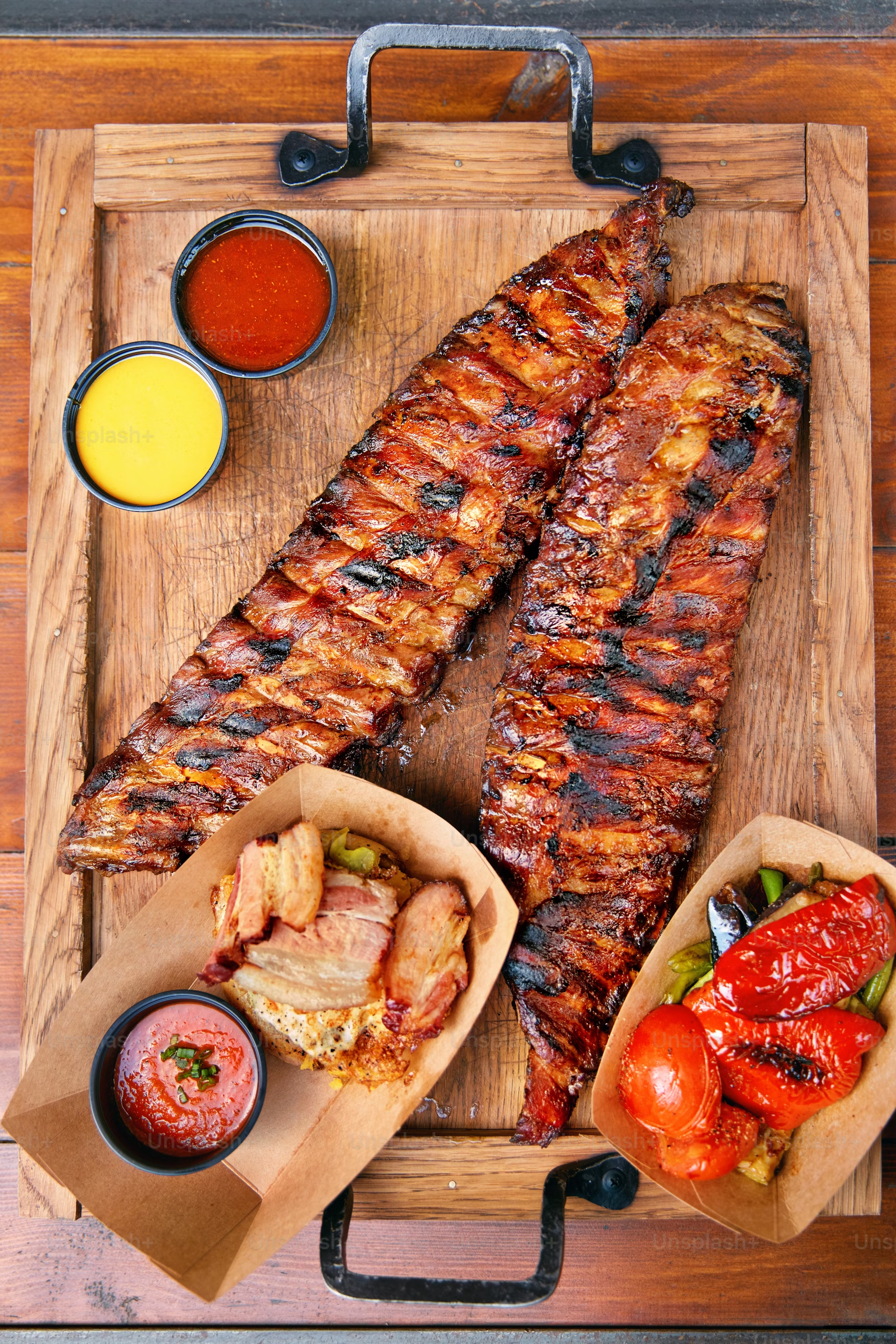


.%20The%20image%20features%20a%20realistic%20scene%20on%20a%20farm%20Small-vOOivCWYhvPd3UBmrJniUyFx2hYixp.jpeg)

